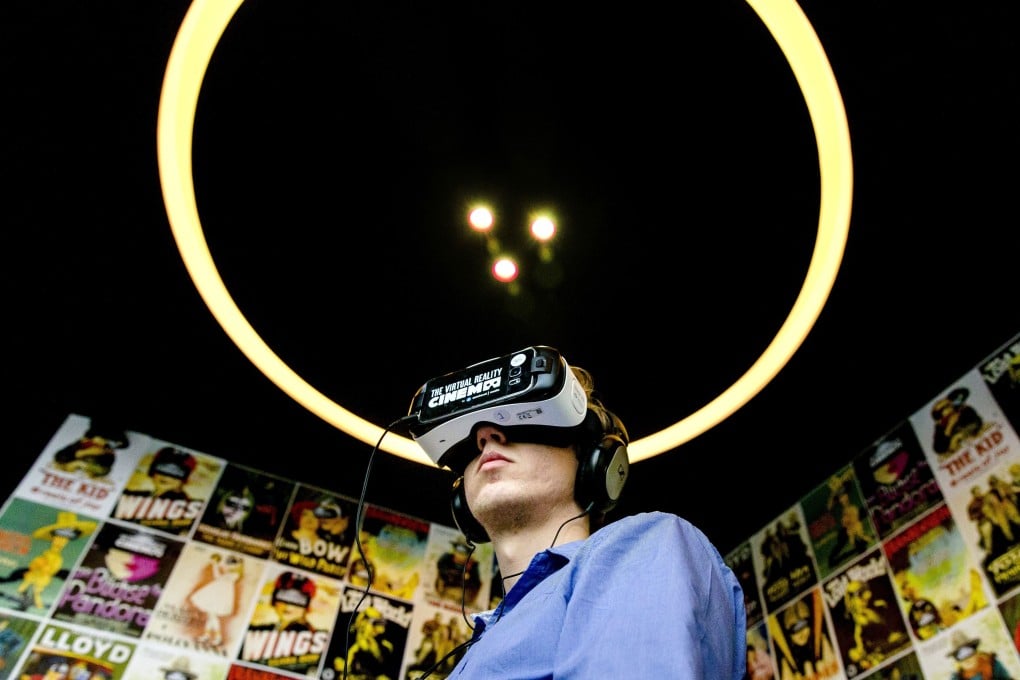Opinion | How extended reality technology can help brands build a better B2B journey
- Extended reality – including AR and VR tech – has helped consumers to explore and meet within distinct virtual environments from home
- But the technology has thrived in the business-to-business space by simplifying the customer decision journey and making it more engaging

Extended reality (XR) – an umbrella term for immersive technologies such as virtual reality (VR) and augmented reality (AR) – has perhaps benefited most from the pandemic’s early lockdown days, by enabling consumers to explore and meet within distinct virtual environments from home.
Video game news site Gamasutra reported that the VR segment gained a slight uplift during lockdowns, and forecasted that China, in particular, would become an important emerging market in stand-alone VR devices. In APAC overall, spending on AR and VR is expected to reach US$31.2 billion by 2023, according to Gamasutra.
But despite the year’s gains in consumer XR, the technology has truly thrived in the business-to-business (B2B) space by providing immersive experiences that simplify the customer decision journey and make it more engaging.
The business-to-consumer (B2C) approach to marketing relies on making the path to purchase as streamlined and seamless as possible. It is built on providing consumers with the exact solution they need at the right place and time, ideally driving relevance by catering to user behaviours across the digital platforms where they engage.
But the B2B journey is not so simple. Decisions are rarely made by a single person, but rather groups – often after a lengthy process of researching solutions and comparing them against peers. Making the information B2B buyers need more accessible and actionable is only half the battle; brands must also build trust in their prospects.

